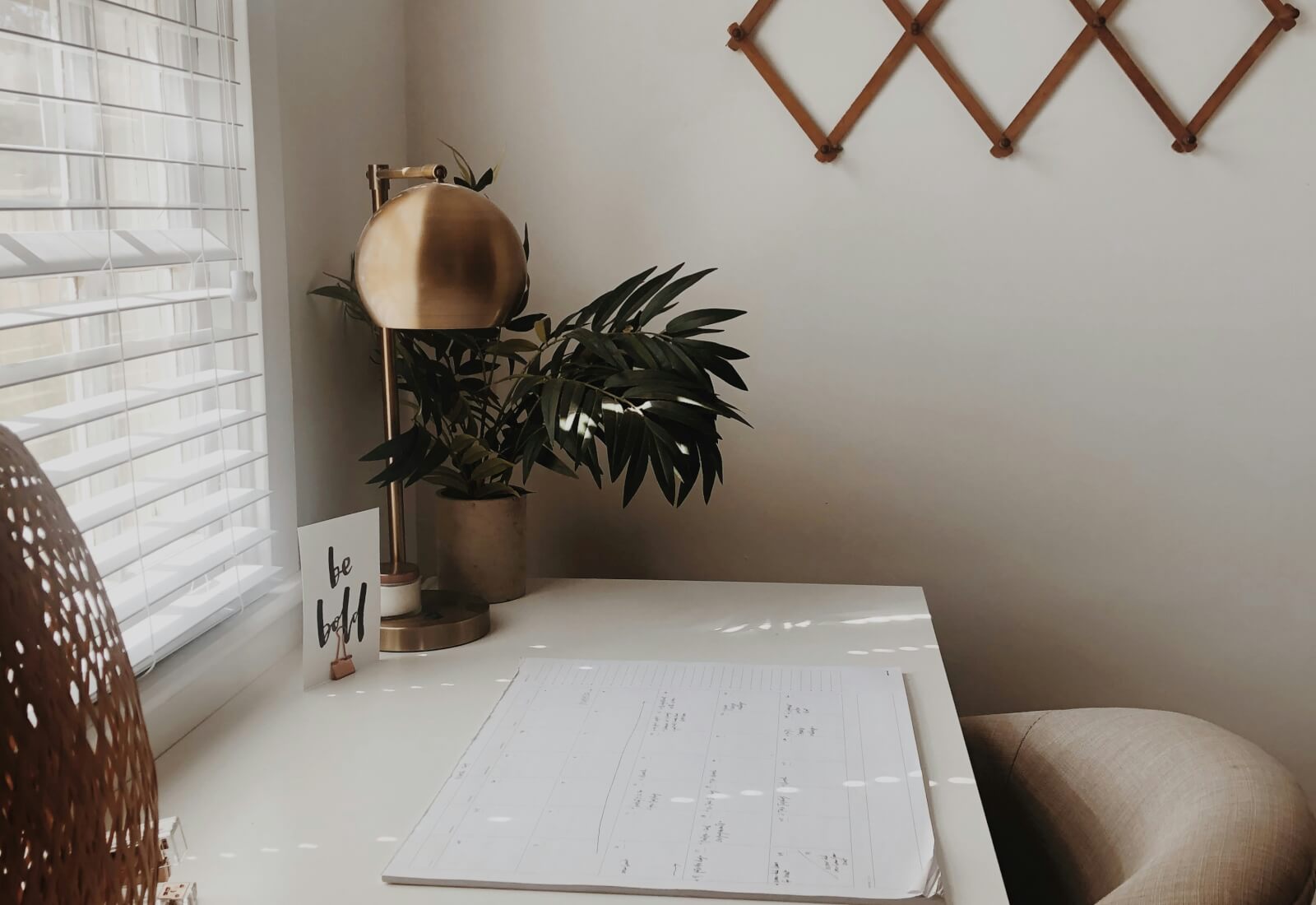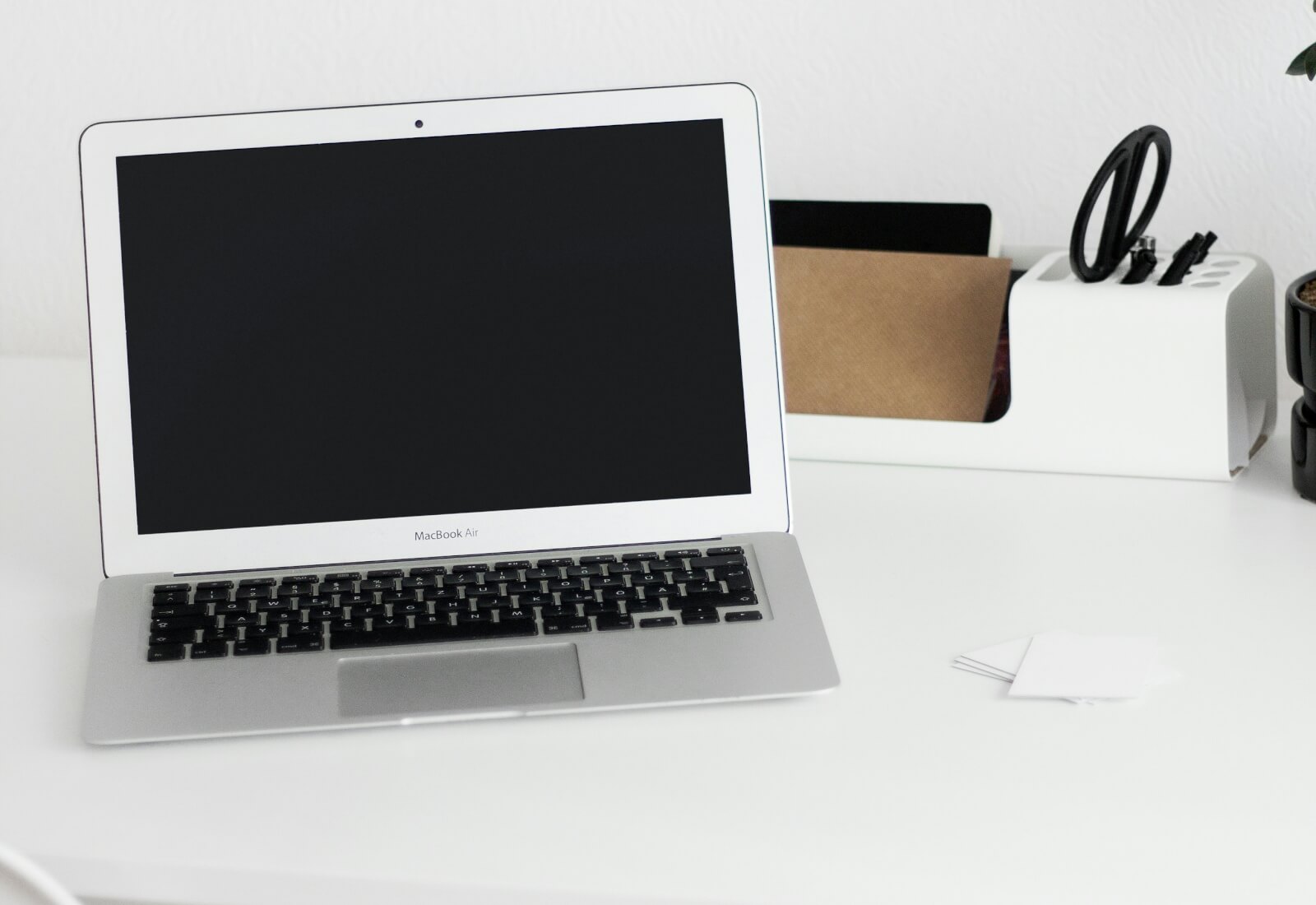
Hey there, fellow remote warriors! 🚀 Ever found yourself staring at a blank screen, willing your brain to conjure up that perfect idea?
read more
Thing is, I never thought I’d miss my morning commute. But there I was, three weeks into working from home, staring at my laptop in my pajamas at 2 PM, wondering where my motivation had gone. The transition from office life to remote work hit me like a ton of bricks—or should I say, like a crashed hard drive?
No more water cooler chats, no more structured lunch breaks, and definitely no more clear boundaries between work and home life. That first month was rougher than trying to code with mittens on. I found myself working irregular hours, snacking constantly, and feeling increasingly isolated. My productivity took a nosedive, and my stress levels skyrocketed. Something had to change.
I realized that without the external structure of office life, I needed to create my own. So, I established a daily routine that mimicked my old office days. But here’s where it gets interesting—I invented the “faux commute.”
Every morning, I’d take a short walk around my neighborhood, headphones blasting tunes. It was my way of telling my brain, “Time to work now!” At first, it felt silly, but soon, I noticed a shift. By the time I sat down at my desk (yes, an actual desk, not my bed), I was in work mode.
I also set strict working hours. From 9 AM to 6 PM, I was “at work.” After 6, I closed my laptop and stepped away. It wasn’t always easy, especially when deadlines loomed, but it made a world of difference in preventing burnout.
My first attempt at a home office was… well, let’s just say it was as messy as spaghetti code. I started working from my couch, which quickly led to back pain and an unhealthy relationship with Netflix. So, I got creative.
I carved out a corner of my small apartment and turned it into my dedicated workspace. No fancy ergonomic chair or standing desk here—just a small table, a comfortable chair, and a plant named Babloo for company. But it was mine, and it was for work.
Time became a slippery concept when I started working from home. Without the usual office rhythms, I found myself working at odd hours and struggling to focus. That’s when I discovered the magic of time-blocking.
I started planning my day in chunks. 9-10 AM was for checking and responding to emails. 10-12 was for focused work on my main project. 1-3 PM was for meetings and calls. It took some trial and error to find a schedule that worked, but once I did, my productivity soared.
I also implemented the “five-minute rule” to combat procrastination. Whenever I found myself putting off a task, I’d commit to working on it for just five minutes. More often than not, once I started, I’d keep going. And on the days when I didn’t? Well, at least I’d made some progress—baby steps, right?
One of the hardest parts of remote work was the isolation. I missed the casual chats with colleagues and the sense of being part of a team. So, I made an effort to stay connected.
I scheduled regular video check-ins with my team, not just for work discussions but also for casual catch-ups. We started a virtual break twice a week where we’d chat about everything except work. It wasn’t the same as being in the office, but it helped ease the loneliness.
I also discovered the “body doubling” technique. I’d set up a video call with a colleague where we’d both work silently on our tasks. There was something oddly motivating about seeing someone else being productive. Plus, it made me less likely to get distracted when I knew someone could see my screen!
But sometimes, even with all these strategies in place, motivation would still elude me like a bug in my code. That’s when I turned to visualization exercises. I’d close my eyes and imagine myself successfully completing a project, receiving praise from my boss, or reaching a personal goal. It sounds cheesy, but it worked wonders in reigniting my motivation.
I also experimented with rotating my workspace within my home. One day I’d work at my desk, the next by the window, and sometimes even on my balcony (weather permitting). This change of scenery, even within the confines of my apartment, helped keep things fresh and interesting.
Music became my secret weapon. I created different playlists for various tasks—upbeat tracks for brainstorming, instrumental pieces for focused work, and calming tunes for winding down at the end of the day. It was like having a personal soundtrack for my workday.
Celebrating small wins became a crucial part of my routine. Finished a tough report? That calls for a victory dance! Cleared my inbox? Time for a fancy tea break! These mini-celebrations kept my spirits high and motivation strong.
Thing is, transitioning to remote work wasn’t easy, and I’m still learning and adapting every day. But by establishing routines, creating a dedicated workspace, managing my time effectively, staying connected, and taking regular breaks, I’ve found my work-from-home groove.
Remote work has its challenges, but it also offers unique opportunities for personal growth and work-life balance. As I continue on this journey, I’m excited to discover new ways to stay motivated and productive, all while enjoying the perks of working in my slippers.
Remember, there’s no one-size-fits-all solution to remote work motivation. It’s about finding what works for you, being patient with yourself, and not being afraid to adjust your strategies as you go. With a little creativity and perseverance, you too can turn your home into a productivity powerhouse.
Now, if you’ll excuse me, it’s time for my victory dance—I just finished this article!

Hey there, fellow remote warriors! 🚀 Ever found yourself staring at a blank screen, willing your brain to conjure up that perfect idea?
read more
Clear Communication: The Foundation Clear communication is crucial for successful virtual reviews.
read more
As a UX designer who transitioned from the bustling halls of Amazon to the cozy confines of my apartment, I’ve faced a unique challenge: how to recreate those serendipitous learning moments that once seemed to happen effortlessly.
read more
Hey there, fellow remote warriors! 🚀 Thing is, working from home can feel like you’re adrift in a sea of sweatpants and endless Zoom calls.
read more
Thing is, working from home has its perks. No commute, pants optional, and your cat as a coworker.
read more
Hey there, fellow remote workers! 🏠💻 Remember when we thought working from home was going to be all pajamas and productivity?
read more